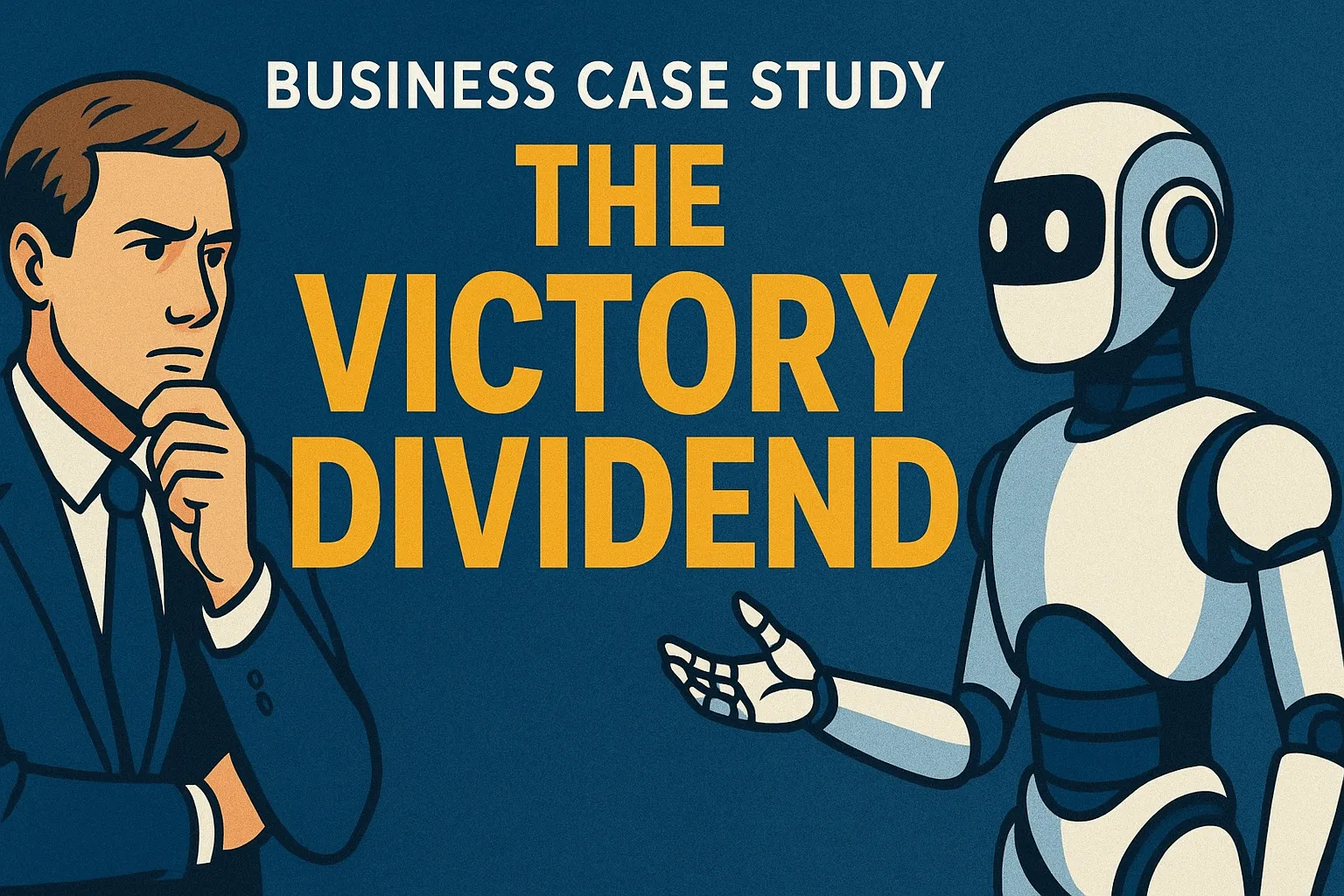 Case Studies Club
Where Strategic Minds Meet
Case Help
Case Studies Club
Where Strategic Minds Meet
Case Help
Ghosts in the Code
Speed vs. Scruples: The High-Stakes Solo Launch of FriendHive
This case examines the controversial founding of FriendHive, a social media giant launched by Zane Buckley after allegedly co-opting ideas from an informal collaboration with peers. It explores the tradeoffs between rapid execution, legal risk, and long-term reputational impact in the ruthless world of tech startups.
Core Themes:
Turn Business Challenges Into Strategic Wins
Browse our Insights Marketplace for frameworks and tools that drive results
Explore MarketplaceOverview
This case analyzes the early-stage strategic decisions made during the formation of FriendHive — now a global social media titan — and the implications of founder Zane Buckley’s decision to prioritize execution over collaboration. The central dilemma: Should Buckley have pursued a legally and ethically safer path to launch, potentially compromising control and speed, or was his aggressive solo move ultimately the more rational path in an unforgiving startup arena?
To dissect the issue, this analysis will weigh the legal, operational, and reputational costs of Buckley’s actions against the overwhelming success that followed. It will consider not just what happened, but what could have — and whether a more collaborative approach might have altered the outcome for better or worse.
Backstory
FriendHive didn’t begin as an innovation in isolation. It was born in the shadows of another idea — CampusCircle — crafted in the high-pressure ecosystem of elite collegiate startups, where collaboration and competition often bleed into one another. Zane Buckley, a second-year student known for his sharp technical skill and relentless ambition, was approached by the Wexler twins and their associate Div Naren to contribute to CampusCircle, a nascent social platform aiming to connect students across universities. Buckley appeared to agree, but what followed has become legend — and litigation.
Weeks later, Buckley launched FriendHive — a cleaner, faster, more viral version of the same core idea — leaving the CampusCircle founders stunned. While FriendHive gained traction at lightning speed, CampusCircle stagnated and then collapsed. The Wexlers sued, alleging breach of an oral agreement and misuse of privileged ideation. Though the parties settled quietly, the cost of that silence was rumored to be in the tens of millions.
The deeper story isn’t just about code or contracts — it’s about control. Buckley made a calculated choi...
🔓 Unlock This Case Study
Access full cases, analysis, recommendations, and community insights


